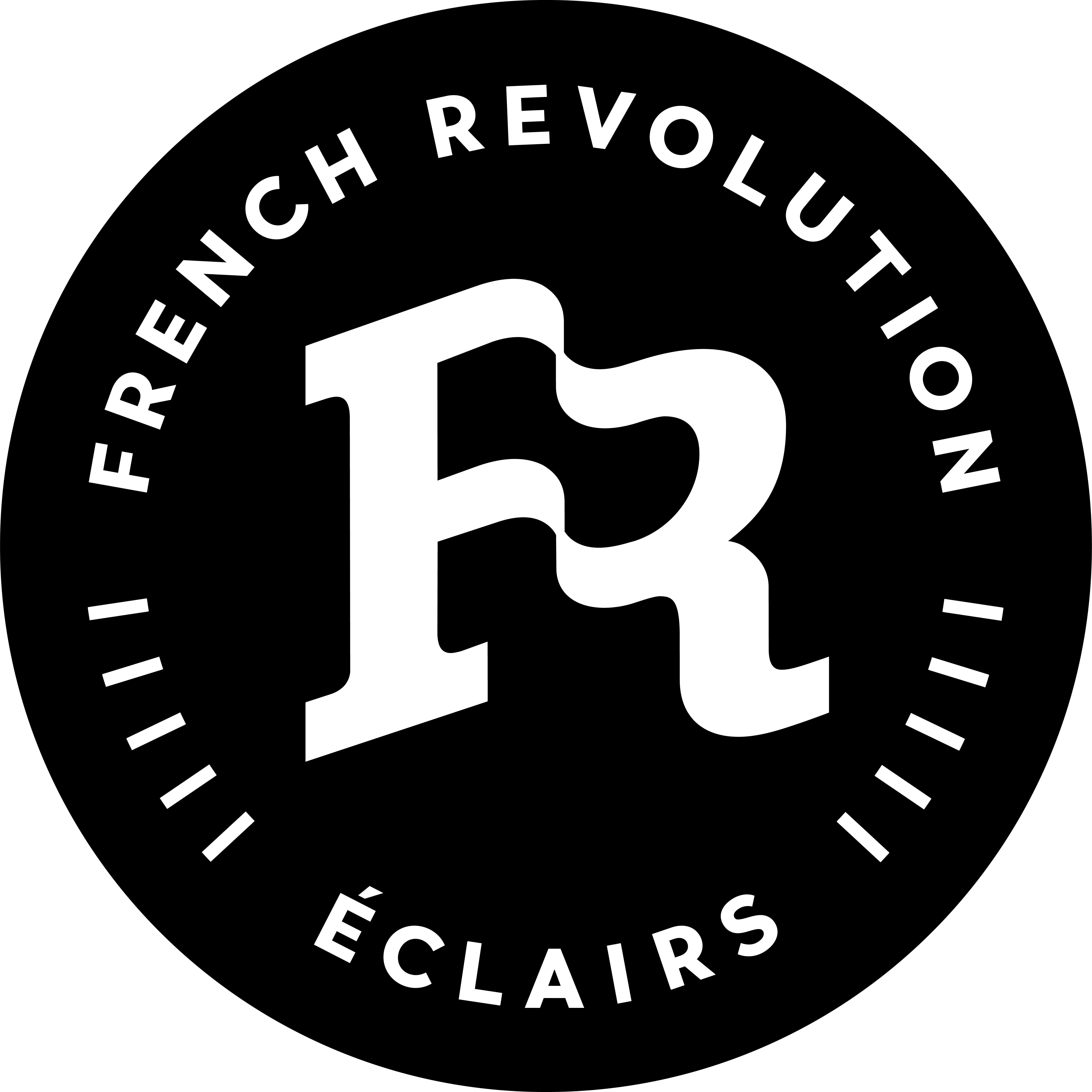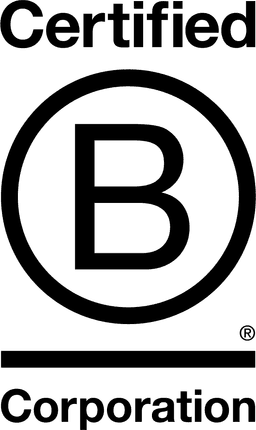

French Revolution

Bucharest, Romania
September 2025
Food products
Manufacturing
Romania
French Revolution is a pastry shop born out of creativity and purpose, revolutionising one of the world’s most iconic desserts — the éclair. Built on authentic French recipes and an uncompromising commitment to quality, it offers over 30 variety of flavours. Every éclair is made fresh, every morning from scratch, using only natural ingredients sourced responsibly. Nothing is left for tomorrow — éclairs are made to be enjoyed the same day, and any unsold products are donated, supporting both the brand’s zero food waste policy and its commitment to local communities. French Revolution works with charities, NGOs, and non-profit organisations to make its products accessible to those who wouldn’t otherwise have the opportunity to enjoy them. Their mission is to create extraordinary products and experiences every day. Its vision: to make people smile. The company’s values are reflected in every éclair, every team interaction, and every partnership — placing quality, ethics, people, and the planet at the centre of everything it does. “Today is the day” is the essence of French Revolution. It is both a promise and an invitation — a promise to stay present and purposeful in everything they do, and an invitation to the world to do the same.
Overall B Impact Score
Governance 6.3
Governance evaluates a company's overall mission, engagement around its social/environmental impact, ethics, and transparency. This section also evaluates the ability of a company to protect their mission and formally consider stakeholders in decision making through their corporate structure (e.g. benefit corporation) or corporate governing documents.
What is this? A company with an Impact Business Model is intentionally designed to create a specific positive outcome for one of its stakeholders - such as workers, community, environment, or customers.
Workers 26.5
Workers evaluates a company’s contributions to its employees’ financial security, health & safety, wellness, career development, and engagement & satisfaction. In addition, this section recognizes business models designed to benefit workers, such as companies that are at least 40% owned by non-executive employees and those that have workforce development programs to support individuals with barriers to employment.
Community 46.6
Community evaluates a company’s engagement with and impact on the communities in which it operates, hires from, and sources from. Topics include diversity, equity & inclusion, economic impact, civic engagement, charitable giving, and supply chain management. In addition, this section recognizes business models that are designed to address specific community-oriented problems, such as poverty alleviation through fair trade sourcing or distribution via microenterprises, producer cooperative models, locally focused economic development, and formal charitable giving commitments.
What is this? A company with an Impact Business Model is intentionally designed to create a specific positive outcome for one of its stakeholders - such as workers, community, environment, or customers.
Environment 16.3
Environment evaluates a company’s overall environmental management practices as well as its impact on the air, climate, water, land, and biodiversity. This includes the direct impact of a company’s operations and, when applicable its supply chain and distribution channels. This section also recognizes companies with environmentally innovative production processes and those that sell products or services that have a positive environmental impact. Some examples might include products and services that create renewable energy, reduce consumption or waste, conserve land or wildlife, provide less toxic alternatives to the market, or educate people about environmental problems.
Customers 2.8
Customers evaluates a company’s stewardship of its customers through the quality of its products and services, ethical marketing, data privacy and security, and feedback channels. In addition, this section recognizes products or services that are designed to address a particular social problem for or through its customers, such as health or educational products, arts & media products, serving underserved customers/clients, and services that improve the social impact of other businesses or organizations.